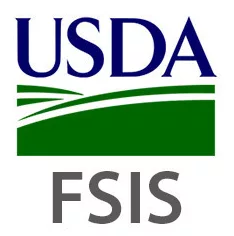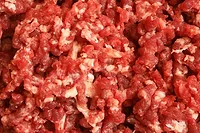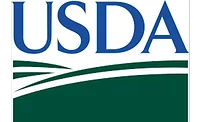U.S. Bans Brazilian Beef Over Safety Concerns

It was announced this week that, under the advisement of Agriculture Secretary Sonny Perdue, the U.S. will suspend all fresh beef imports from Brazil. The reason? “Recurring concerns about safety of the products intended for the American market,” says an official statement released by the U.S. Department of Agriculture (USDA).
Specifically, concerns about Brazil's beef products include “public health concerns, sanitary conditions, and animal health issues.”
A statement from Perdue reads, “Ensuring the safety of our nation’s food supply is one of our critical missions, and it’s one we undertake with great seriousness. Although international trade is an important part of what we do at USDA, and Brazil has long been one of our partners, my first priority is to protect American consumers. That’s what we’ve done by halting the import of Brazilian fresh beef. I commend the work of USDA’s Food Safety and Inspection Service for painstakingly safeguarding the food we serve our families.”
In March, USDA’s Food Safety and Inspection Service began the task of inspecting all meat products entering the U.S. from Brazil. Approximately 11 percent of those imports were rejected, which equates to 106 lots, or 1.9 million pounds of Brazilian beef products. This rejection rate is significantly higher than the 1 percent of meat shipments that are rejected from other parts of the globe, says USDA. The agency also claims that none of Brazil’s rejected meat products have ever made it into the U.S. market for sale.
Previously, Brazil’s government promised to address safety concerns surrounding their meat exports. One solution included halting shipments of beef from five of the country’s facilities. However, USDA’s decision this week overrules Brazil’s own food safety policing.
The suspension will remain in place until the Brazilian Ministry of Agriculture takes “corrective action which the USDA finds satisfactory.”
Related article:
U.S. Has No Beef with Spoiled Brazilian Meat
Looking for quick answers on food safety topics?
Try Ask FSM, our new smart AI search tool.
Ask FSM →
Sign up for Food Safety Magazine’s bi-weekly emails!
Subscribe to our new podcast: Food Safety Matters!








